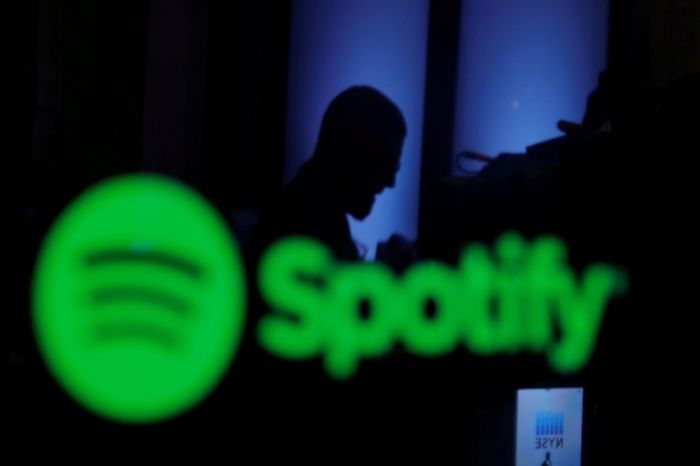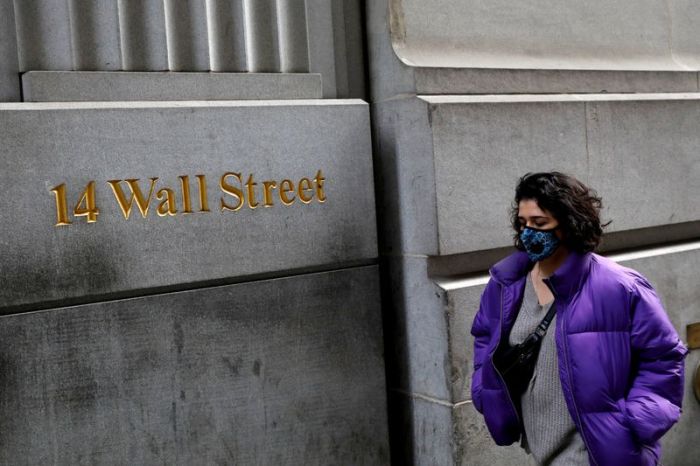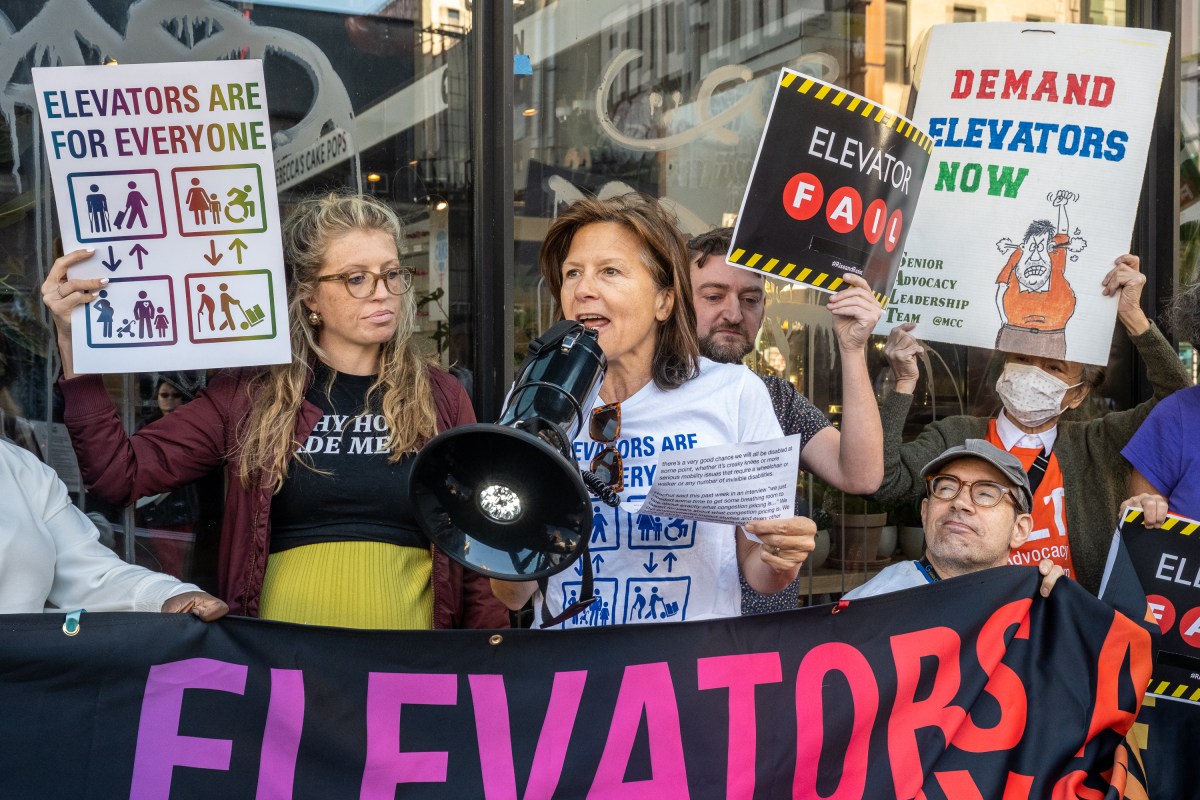(Reuters) – Anthem Inc said on Wednesday that the COVID-19 pandemic could trigger a big shift in business mix and push more people into Medicaid or Obamacare health plans from employer-sponsored ones due to job losses across industries.
Employer-sponsored health plans are more lucrative for insurance companies and a drop in enrollments can hammer their profits and squeeze margins.
“Thus far, we have seen a slight uptick in the Medicaid enrollment as a result of states temporarily suspending reverification efforts and limited changes in our commercial business,” Chief Financial Officer John Gallina said on a post-earnings call.
“As time goes on, we expect a more significant shift of commercial group members to the Medicaid and the ACA marketplace.”
Anthem has reduced its reliance on commercial and individual customers since the 2008 financial crisis by bulking up its government business and launching a new pharmacy benefits management (PBM) unit, which together account for about 75% of its revenue.
The company also reported better-than-expected first-quarter revenue as it benefited from the launch of PBM unit IngenioRx and maintained its full-year profit forecast, sending its shares up more than 2%.
“This is the biggest positive takeaway from the quarter, as we were somewhat more concerned about the outlook for health insurers which get a large share of their revenue from employer-sponsored plans,” Cowen analyst Charles Rhyee said.
“We think Anthem’s results should reassure investors and provide positive readthrough for Cigna which reports tomorrow.”
Anthem rivals including UnitedHealth Group Inc and Centene Corp have also backed their full-year profit forecasts.
The company, however, warned of uncertainties around the impact from the COVID-19 pandemic and withdrew its forecast for some key performance metrics such as benefit expense ratio and suspended share buybacks to enhance its cash position.
The ratio – a measure of premiums paid out for medical services – improved to 84.2% in the latest three months from 84.4% a year earlier and the company expects it to fall below historical levels in the second quarter as many Americans delay their elective procedures due to the outbreak.
For the first quarter, the company reported adjusted profit in line with estimates of $6.48 per share.
Total revenue rose to $29.62 billion, beating estimates of $28.6 billion.
(Reporting by Manojna Maddipatla and Vishwadha Chander in Bengaluru; Editing by Saumyadeb Chakrabarty and Anil D’Silva)























